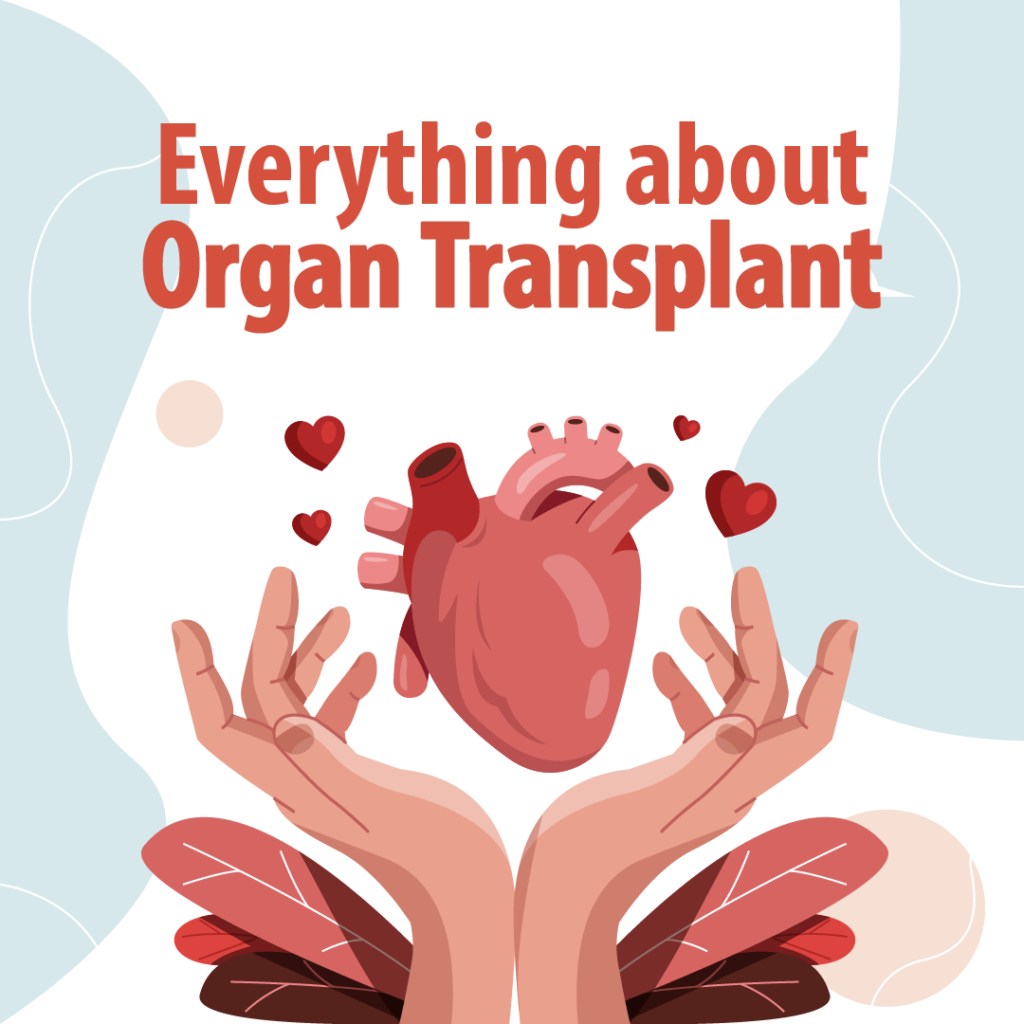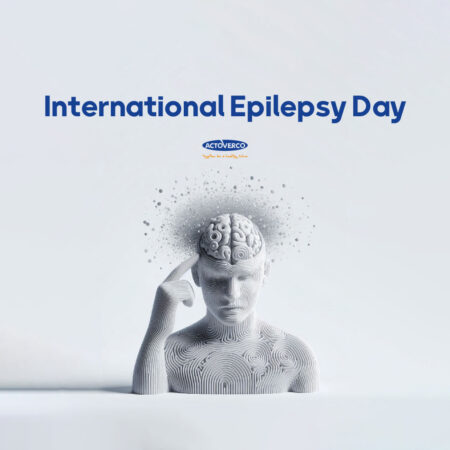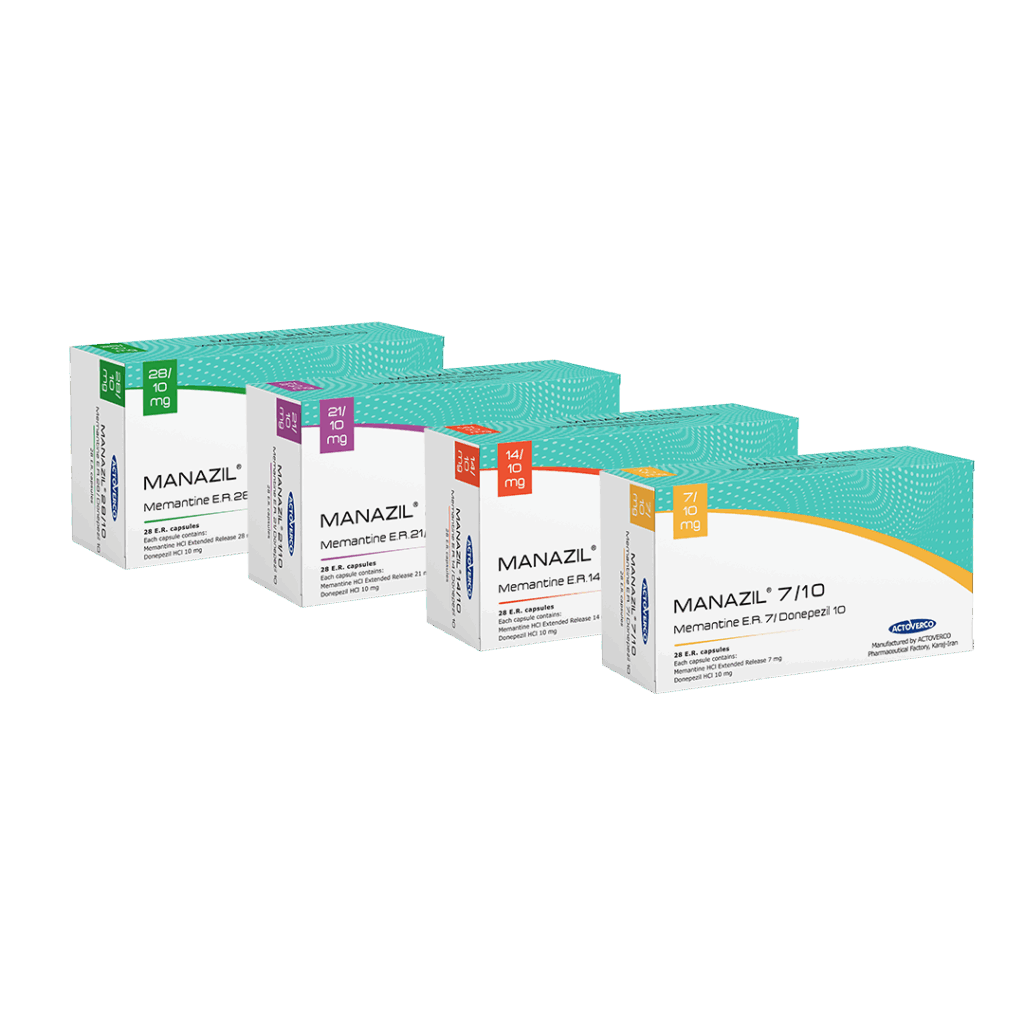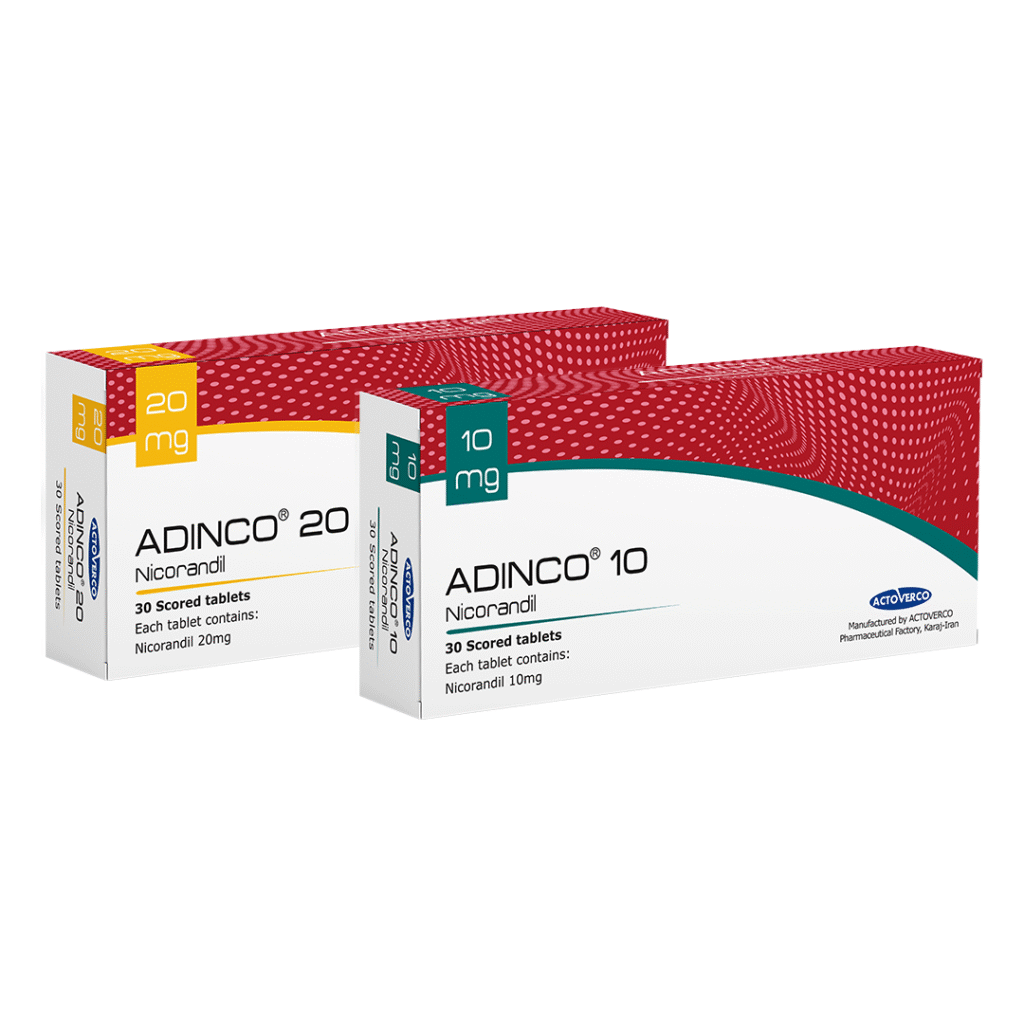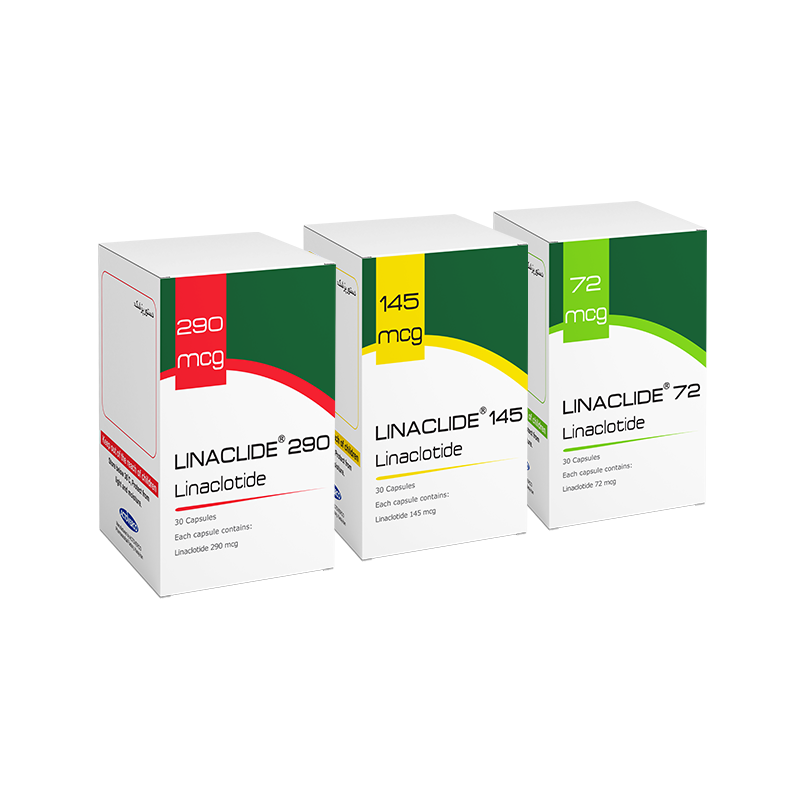Organ donation is one of the greatest achievements of contemporary medicine, saving thousands of lives every year. This process involves transferring healthy organs and tissues from one person (the donor) to another (the recipient) who needs a new organ due to severe illness or injury. The importance of organ donation is not only in saving lives but also in significantly improving the quality of life for patients.
Despite its numerous benefits, organ donation comes with its own set of challenges and complexities. From ethical and legal issues to medical and psychological problems, every stage of organ donation requires thorough examination and coordination among various medical and scientific disciplines.
This article provides a comprehensive overview of organ donation, from its intricate processes to the challenges and related issues. The goal is to raise public awareness, thereby increasing the number of donors and reducing the waiting list for organ transplants.
Organ Donation
Organ donation is a process where individuals, after death or in certain special cases while alive, donate their organs to others for transplantation. This act can save many lives and improve the quality of life for people with various diseases. Organ donation usually occurs in two ways:
- Donation After Brain Death: In this case, a person who has experienced brain death and has no hope of recovery can donate their organs with family consent or based on their previous consent.
- Living Donation: In this case, a living person can donate certain organs such as a kidney, part of the liver, or even bone marrow.
Conditions for Organ Donation
Organ donation is based on human and ethical principles, which include:
- Voluntariness: Organ donation must be entirely voluntary and free of any pressure or coercion. Individuals must act with full awareness of the consequences and process of organ donation.
- Legal Age: Donors must be at least 18 years old to make an informed decision about organ donation.
- General Health: Donors must be physically and mentally healthy. Certain diseases like HIV, active cancer, severe infections, or active infectious diseases may prevent organ donation. Individuals with chronic diseases or specific medical conditions must be evaluated by a medical team to ensure the safety of the donation.
- Informed Consent: Donors must be fully aware of the organ donation process and its potential consequences, providing informed consent. This includes understanding the benefits, risks, and other aspects of organ donation.
- Registration in the National Organ Donation System: Those willing to donate organs should register in the national organ donation system. This registration involves filling out forms that collect information about the individual’s health and preferences.
What is an Organ Donor Card?
An organ donor card is an official document indicating that the cardholder has consented to donate their organs after death. This card serves as a symbol of the individual’s decision to donate organs and can provide crucial information to family and physicians about the person’s wish to donate.
Having an organ donor card is a significant step toward saving others’ lives and improving the quality of life for patients in need of transplants.
Benefits of an Organ Donor Card:
Increasing Awareness: Having an organ donor card can help raise awareness about the importance of organ donation and encourage others to join this humanitarian effort.
Facilitating the Donation Process: An organ donor card can help doctors and families make quicker decisions in the event of brain death, allowing the use of the individual’s organs to save others.
Respecting Individual Decisions: This card ensures that the individual’s decision to donate organs is respected and that their wishes are fulfilled after death.
Reducing Family Stress: An organ donor card can reduce the psychological pressure and guilt that families may feel when deciding about organ donation, knowing that the decision was already made by the individual.
How to Get an Organ Donor Card
Online Registration: Many countries have online systems for organ donation registration. Individuals can visit these websites and fill out the necessary forms to receive an organ donor card.
The Process of Organ Donation
- Brain Death Diagnosis: The first step in the organ donation process is diagnosing brain death. This diagnosis is made by a specialized medical team and involves thorough testing to confirm brain death.
- Obtaining Consent: After confirming brain death, doctors talk to the deceased person’s family to obtain consent for organ donation. If the individual had an organ donor card or prior consent, this step is facilitated.
- Organ Retrieval Surgery: If family consent or the individual’s prior consent is obtained, the surgery to retrieve organs is performed. This surgery is carried out by a specialized medical team, and the retrieved organs are prepared for transplantation to patients in need.
- Organ Transplantation: The retrieved organs are transported to the transplant center and, after preparation, are transplanted into patients on the waiting list. This process is conducted under special medical supervision and care.
Who Cannot Donate Organs?
Organ donation may not be possible for some individuals due to various reasons, including:
- Severe Infectious Diseases: Individuals with severe infectious diseases like AIDS, Hepatitis B and C, or active tuberculosis are usually not eligible to donate organs.
- Active Cancer: People with active cancer (except certain skin cancers) generally cannot donate organs.
- Chronic and Advanced Diseases: Severe heart disease, advanced kidney failure, and chronic liver diseases can prevent organ donation.
- Unsuitable Medical Conditions: Individuals with severe or unstable medical conditions may not be suitable for donation.
- Substance Abuse: Continuous substance abuse and alcohol addiction can disqualify a person from being an organ donor.
Each case is evaluated individually, and the final decision is made by doctors and specialists based on the specific circumstances of each patient.
Conclusion
Organ donation is a vital and life-saving process that requires adherence to special ethical and medical principles. Considering the various challenges and issues, it is essential for the medical community and the public to collaborate and work on raising awareness and promoting the culture of organ donation. With increased awareness and reduced obstacles, it is hoped that the number of people in need of organ transplants will decrease, and the quality of life for many patients will improve.

